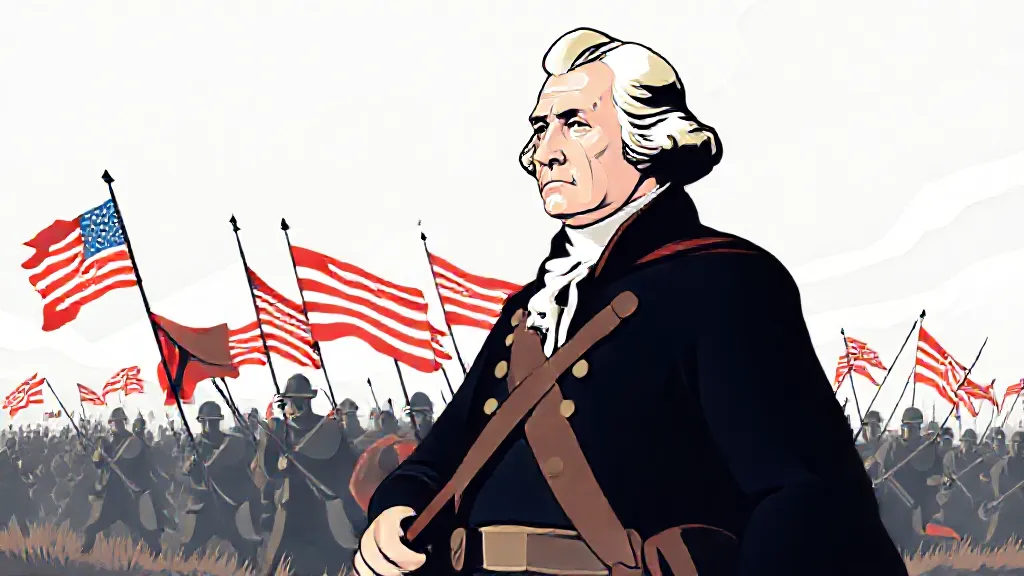George Washington, often referred to as the "Father of His Country," played a crucial role in the American Revolution, not just as a military leader but as a unifying figure for the fledgling colonies. His leadership was instrumental in transforming the Continental Army into a formidable force capable of challenging British supremacy. Washington's strategic acumen, resilience, and ability to inspire his troops were vital in securing American independence.
The Early Years: Washington's Military Background
Before the Revolution, Washington gained significant military experience during the French and Indian War. His early encounters with British military tactics and frontier warfare shaped his understanding of command and strategy. By the time the colonies began to seek independence, Washington had established himself as a respected leader in Virginia and had developed a network of allies and supporters, which would prove essential in the coming conflict.
The Continental Congress and Appointment as Commander
In 1775, as tensions escalated between the colonies and Britain, the Second Continental Congress convened to address the growing crisis. Washington was appointed as the commander-in-chief of the Continental Army, largely due to his previous military experience and his ability to unite the disparate colonies. His appointment was also a strategic choice, as he hailed from Virginia, a key colony that had yet to fully commit to independence.
Challenges Faced by Washington
Washington faced numerous challenges as he took command of the Continental Army. The army was poorly equipped, lacking proper training, supplies, and funding. Morale was low, and the soldiers were often reluctant to enlist for long periods.
Washington's ability to motivate and maintain the loyalty of his troops was tested repeatedly, especially during difficult winters, such as the infamous winter at Valley Forge in 1777-1778.
Strategic Victories: Turning Points in the War
Despite the challenges, Washington achieved several key victories that turned the tide of the war. The surprise attack on Trenton in December 1776 reinvigorated the American cause and showcased Washington's ability to plan and execute bold maneuvers.
The victory at Saratoga in 1777, although not directly commanded by Washington, was pivotal in securing French support for the American cause, which would prove crucial for ultimate victory.
The Role of Alliances and Diplomacy
Washington understood the importance of alliances in the fight against Britain. His relationship with French General Marquis de Lafayette exemplified the collaborative spirit necessary for success.
Washington's diplomatic efforts culminated in the Treaty of Alliance with France in 1778, providing essential military support and resources that the Continental Army desperately needed.
The Siege of Yorktown: The Final Blow
The culmination of Washington's military strategy came during the Siege of Yorktown in 1781. By coordinating with French forces and utilizing a combined land and naval assault, Washington effectively trapped British General Cornwallis.
The surrender of Cornwallis marked a decisive victory for the American forces and is often cited as the end of major combat operations in the Revolutionary War.
Legacy of Washington's Leadership
Washington's leadership during the Revolution set the foundation for the United States' future governance. His ability to balance military strategy with political acumen helped shape the nation's identity.
After the war, his willingness to relinquish power and preside over the Constitutional Convention further solidified his legacy as a leader committed to the principles of democracy and republicanism.
Conclusion: Washington's Enduring Influence
George Washington's leadership during the American Revolution was characterized by resilience, strategic foresight, and an unwavering commitment to the cause of independence. His ability to inspire and unify disparate groups under a common goal was pivotal in achieving victory.
Washington's legacy continues to influence American values and leadership ideals, making him a central figure in the narrative of the nation's founding.
